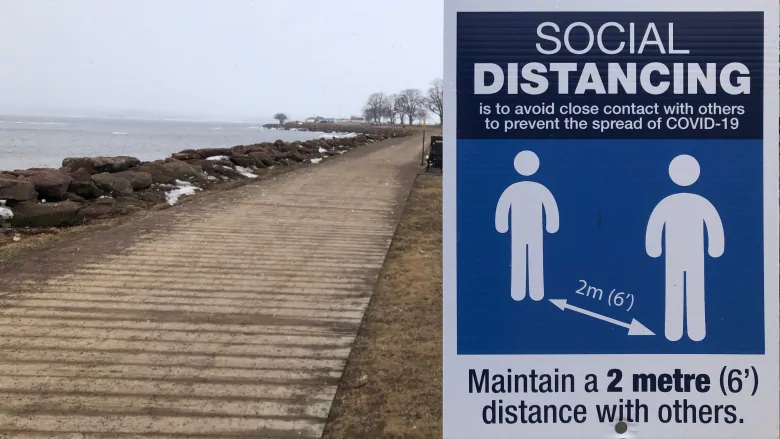Banning visits at group homes for people with intellectual disabilities, and in psychiatric hospitals and wards, ignore the specific needs of a vulnerable segment of the public.

This column is an opinion by Natalie Spagnuolo, PhD, and Michael Orsini. Spagnuolo teaches in Disability Studies at Carleton University and is co-director of Memory, Witness and Hope. Orsini is a professor at the Institute of Feminist and Gender Studies and the School of Political Studies at the University of Ottawa, where he specializes in health policy and politics. For more information about CBC’s Opinion section, please see the FAQ.
Disabled people know a lot about social isolation.
Many – including those with intellectual and psychiatric disabilities – are relying on the success of COVID-19 containment strategies, and lives are indeed at risk if they are not taken seriously. However, public health measures that restrict visiting rights to those in institutional settings are putting many at risk in other ways.
While public health principles have a rightful place in our decisions, so too do principles that recognize the humanity and dignity of people with disabilities.
As the COVID-19 crisis unfolds, recent decisions to implement visitation bans in group homes for people with intellectual disabilities, in psychiatric hospitals and wards, and in prisons, recall a familiar and painful history for many disabled people. In these days of physical distancing, it is important to emphasize that this is one of the oldest public health measures aimed at “containing” the imagined threat of disability.
Many disabled people are already separated from non-disabled people. It is a legacy of eugenic segregation, which has been resisted by survivors of former government-run institutions for people with intellectual disabilities, such as Huronia and the Rideau Regional Centre in Ontario.
While there are legitimate reasons to think about and act collectively today to contain the spread of COVID-19, there are many “publics” who are ignored in our zeal to soothe the fears and concerns of otherwise healthy, and presumably non-disabled, people. When physical distancing is widely mobilized, other risks emerge for individuals already occupying a socially distant status.
Prime Minister Justin Trudeau toughened his language around self-isolation and social distancing while considering implementing the Emergencies Act. 1:58
Denying the vital supports provided by trusted people, including family and friends who may assist with decision-making and communication, constitutes not only a disruption or inconvenience, it creates an impossible situation for many. Without these “reasonable accommodations,” some i

